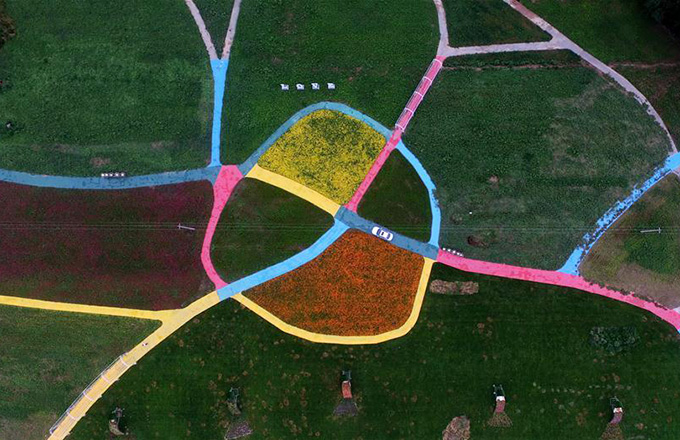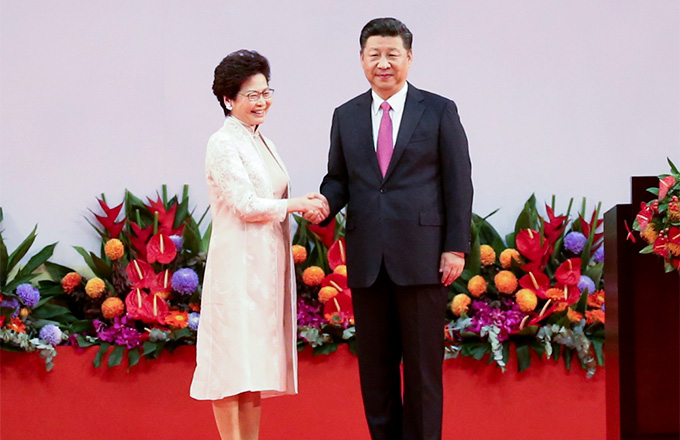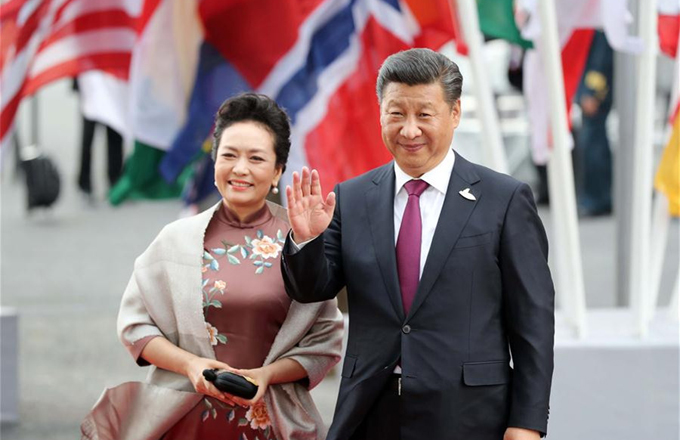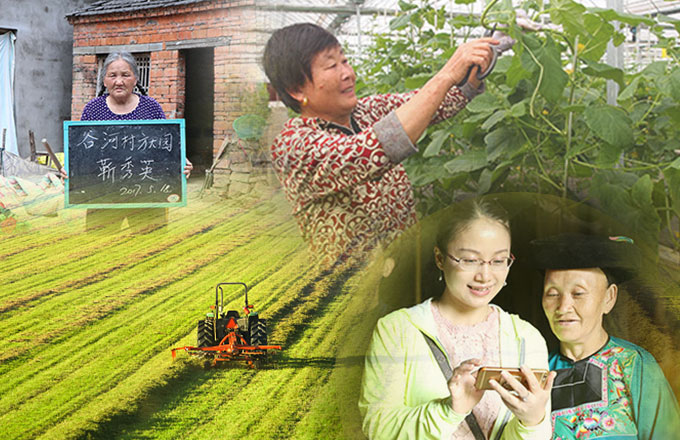China vows better protection for latest heritage
KUNMING - Local authorities vowed to better protect the Honghe Hani rice terraces following their addition to the World Heritage List on Saturday.
"We will better protect the ecological environment in accordance with the Principle of the Conventions Concerning the Protection of the World Cultural and Natural Heritage," said Yang Fusheng, head of the Honghe Hani and Yi Autonomous Prefecture in southwest China's Yunnan Province.
The terraces was added to the World Heritage List on Saturday at the ongoing 37th session of UNESCO's World Heritage Committee in Phnom Penh.
The terraces, located in Yuanyang county in Honghe prefecture, are renowned not only for their picturesque landscapes, but also for the unique culture associated with the way the Hani people grow their crops.
According to UNESCO documentation, the site comprises a forest on top of a hill, villages below the forest, terraced fields below the villages and the Honghe water system below the fields.
The document said the Hani Terraces created by people of various ethnic groups, particularly the Hani people, is an absolute wonder of farming civilization with a long history of more than 1,300 years.
China's State Administration of Cultural Heritage nominated the terraces for the list on March 28, 2008.
However, local authorities have been applying for the listing since 2001, according to Li Shihua, vice chief of Yuanyang County.
Some local residents are concerned about protecting the terraces in the event of excessive exploitation, although others believe the terraces will ultimately be better off after being added to the list.
In the village of Jingkou, 240 families have been moved into new homes built to resemble their traditional housing. Sites for religious worship are being built in accordance with Hani ethnic traditions.
Lu Shihua, 40, said he has already benefited from local development funded by increasing numbers of tourists.
"A decade ago, there were only shattered adobe huts in our village and the road was muddy on rainy days," Lu said.
Thanks to a growing influx of tourists, Lu was able to open a successful restaurant, as well as a motel, bringing him annual income of 150,000 yuan (24,400 U.S. dollars).
"Local residents have enjoyed the boons brought by being listed, as well as been aware of the importance of protecting the terraces and Hani tradition," said Li Xue, secretary of the Tuguozhai village committee of the Communist Party of China (CPC).
The local government has promised to protect the area's authenticity and integrity by restricting commercial activity. Villages in the area have signed agreements that prioritize protecting the environment and Hani culture, according to Li Shihua, who is in charge of the protection work.
"Today marks a starting point for us to continue protection efforts," Li said.
"Future protection will focus not only on ecological issues, but also on encouraging more young people to inherit Hani farming traditions," Li added.
- Hani Rice Terraces wins World Heritage status
- Hani Rice Terraces inscribed on World Heritage List
- GEF helps conserve China's World Heritage mountain
- Investigation urged over temple demolition reports
- Overloading may be cause of West Lake sewage discharge
- Agreement signed to protect Silk Road heritage



















